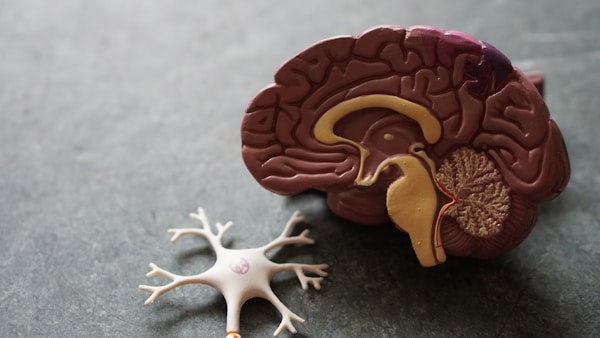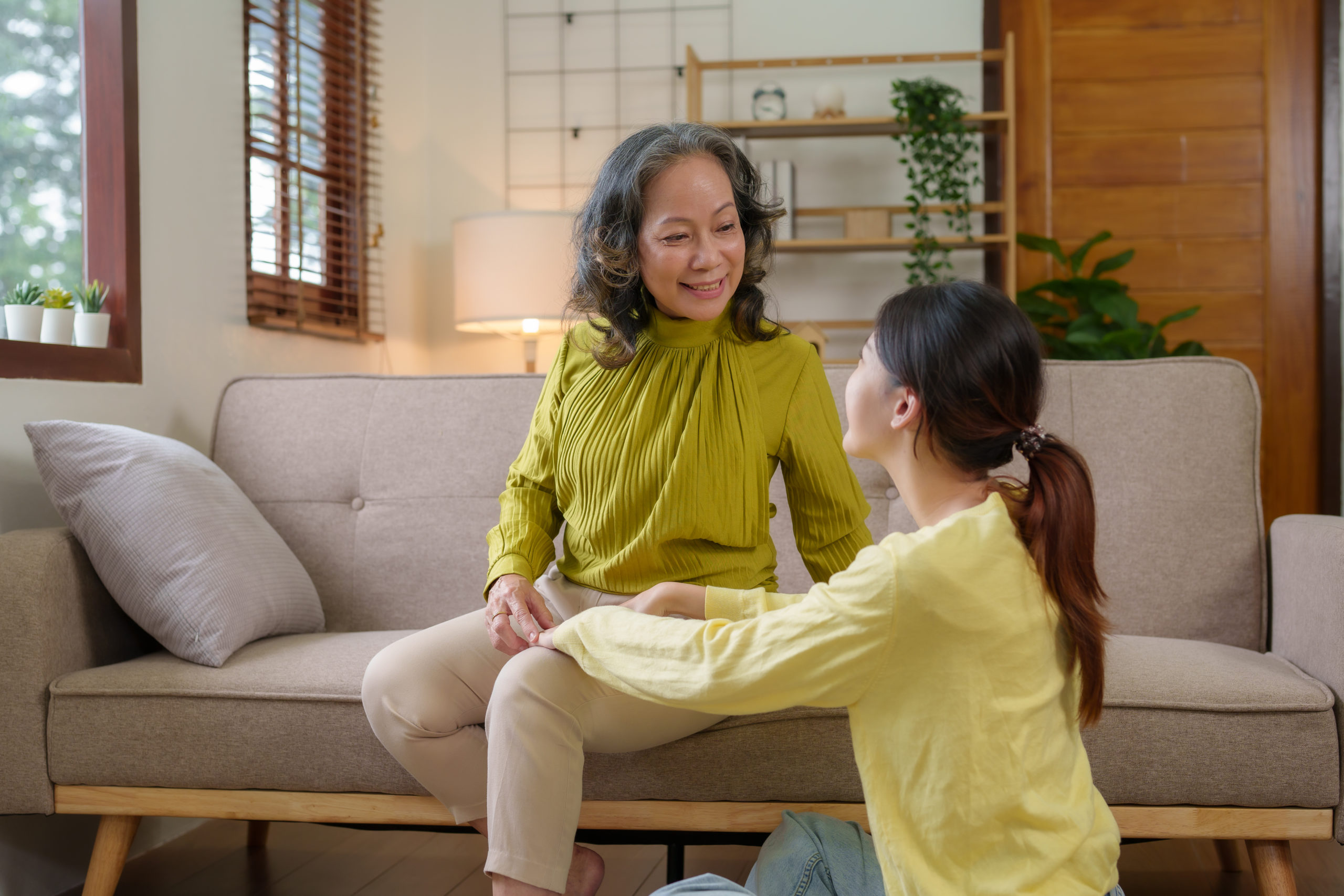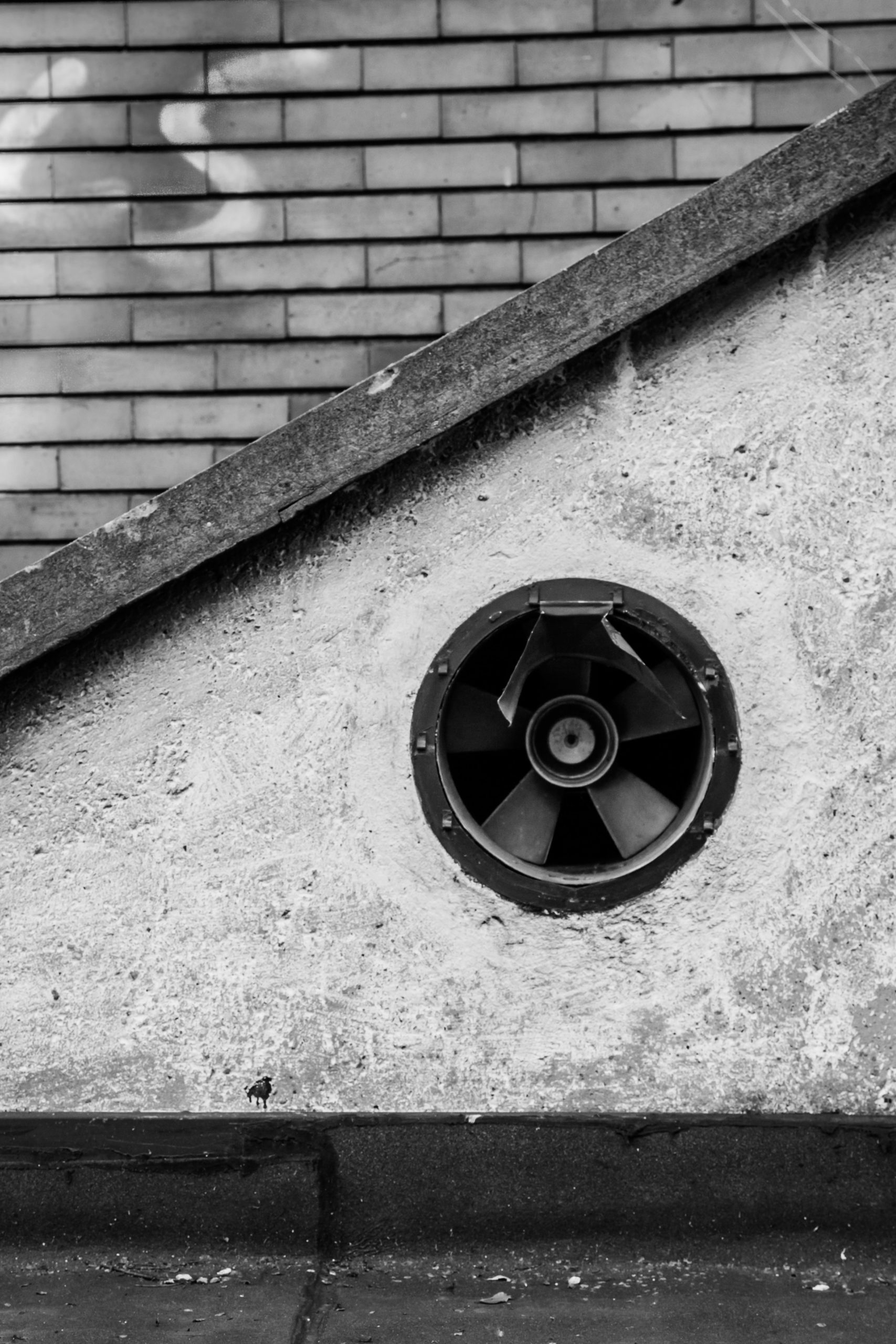Taking care of an elderly loved one can be a difficult and overwhelming task. It is important to be aware of the potential health and safety risks that can arise from the unique needs of this special population. Here are some of the things to watch out for when caring for an elderly loved one.
Signs of a Spinal Injury

Spinal cord injuries can occur due to any type of trauma, such as a fall or a car accident. It is important to watch for signs of a potential injury, including sudden difficulty walking, loss of coordination, unusual sensations in the arms and legs, and difficulty speaking or understanding. If you suspect a spinal cord injury, contact your loved one’s doctor immediately.
Attempting to Travel Solo Despite Mobility Issues
Many elderly people have difficulty with mobility, especially if they are using a cane, walker, or wheelchair. It is important to pay attention to how your loved one is moving around, as they may be tempted to try and travel on their own despite their mobility issues. If your loved one is trying to go out on their own, it is important to provide them with the necessary assistance and supervision to ensure their safety. There are strategies that help seniors in using uber without a smartphone so as to have a safe strategy for transportation as needed.
Falling
Falls are a major concern for elderly people. Falls can be caused by a variety of factors, such as poor balance, dizziness, low blood pressure, and medications. It is important to be vigilant when caring for your loved one and to look for potential hazards that could cause a fall, such as loose rugs and slippery surfaces. If your loved one is prone to falls, it is important to provide them with the necessary assistance and supervision to help prevent falls.
Changes in Mental Status

Changes in mental status can be a sign of a more serious health issue, such as dementia or stroke. It is important to pay attention to any changes in your loved one’s behavior and to consult their doctor if any changes are noticed. Early diagnosis and treatment can help prevent long-term complications. When in doubt, it is always best to contact your loved one’s doctor for advice.
Poor Diet and Dehydration
It is important to ensure that your loved one is getting the proper nutrition and hydration they need to stay healthy. Make sure they are eating healthy meals and drinking plenty of fluids throughout the day. If your loved one has difficulty eating or drinking, look into nutritional supplements or easy-to-eat foods that can help provide the nutrients and hydration they need.
Medication Management
It is essential to make sure that your elderly loved one is taking their medications properly and taking the right dosage at the right times, as prescribed by their doctor. Medication adherence can be a challenge, but ensuring that your elderly loved one is taking their medications as prescribed is crucial to their health and well-being.
Mental Health Struggles
Caring for an elderly loved one can be a challenging but rewarding experience. It is important to be aware of the potential health issues that can arise, including mental health issues. These can include changes in mood, difficulty sleeping, changes in appetite, difficulty concentrating, difficulty making decisions, and difficulty socializing. If the elderly person displays any of these symptoms, it is important to seek help from a mental health professional. By recognizing the signs and taking the necessary steps to address any issues, it is possible to ensure that the elderly person gets the care they need.
These are some of the things to watch out for when caring for an elderly loved one. It is important to be aware of potential health and safety risks and to provide the necessary assistance and supervision to ensure your loved one’s well-being.



